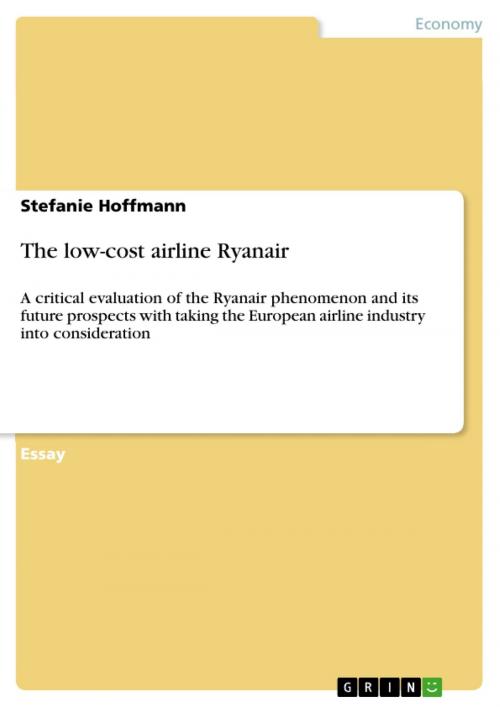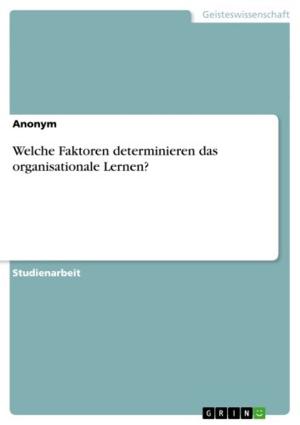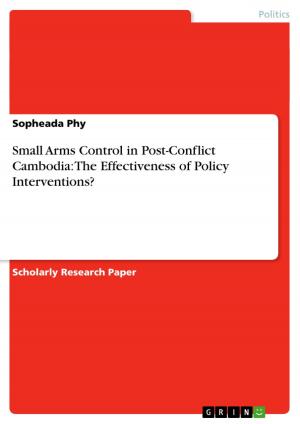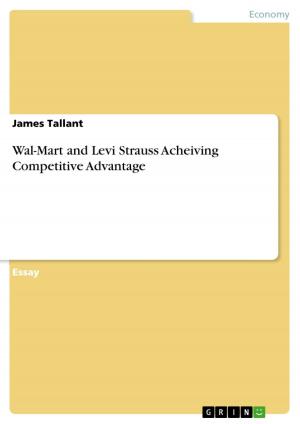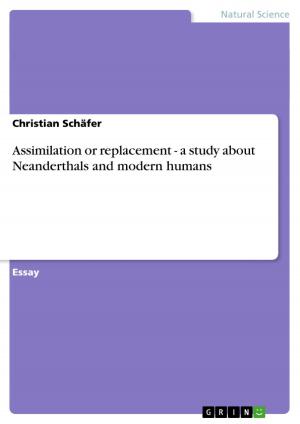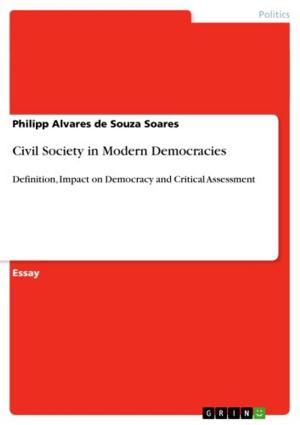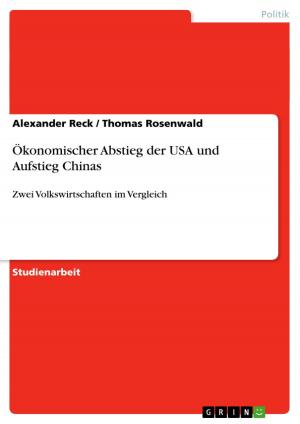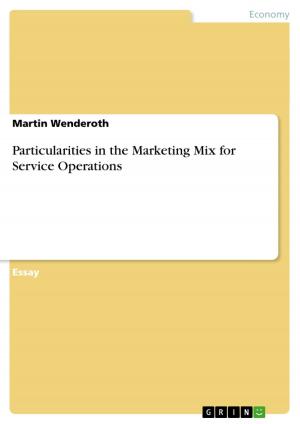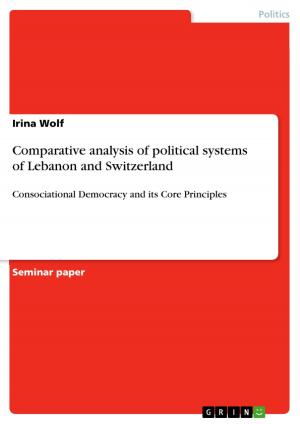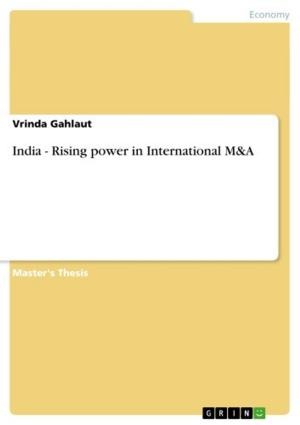The low-cost airline Ryanair
A critical evaluation of the Ryanair phenomenon and its future prospects with taking the European airline industry into consideration
Business & Finance, Marketing & Sales| Author: | Stefanie Hoffmann | ISBN: | 9783638501521 |
| Publisher: | GRIN Publishing | Publication: | May 15, 2006 |
| Imprint: | GRIN Publishing | Language: | English |
| Author: | Stefanie Hoffmann |
| ISBN: | 9783638501521 |
| Publisher: | GRIN Publishing |
| Publication: | May 15, 2006 |
| Imprint: | GRIN Publishing |
| Language: | English |
Essay from the year 2006 in the subject Business economics - Marketing, Corporate Communication, CRM, Market Research, Social Media, grade: B+, Cardiff University (University), 29 entries in the bibliography, language: English, abstract: Just a few years ago Ryanair was a tiny, impoverished Irish airline trying unsuccessfully to compete with Aer Lingus using a handful of elderly turboprop planes. In 2003 its share price is so high the company is worth more than British Airways, and with the unlikely business model of selling seats for as little as 99 Pence for the privilege of flying to airports perhaps fifty miles outside the cities they purport to serve, Ryanair has become the most profitable airline in Europe. It is also an airline whose phenomenal success has never been too far from controversy, whether it is its militant lack of sympathy for its passengers when their flight is delayed or cancelled, its robust approach to industrial relations, or indeed the industrial language favoured by its charismatic and buccaneering chief executive, Michael O'Leary. (Creaton, 2005) The following questions will critically evaluate the Ryanair phenomenon and its future prospects with taking the European airline industry into consideration.
Essay from the year 2006 in the subject Business economics - Marketing, Corporate Communication, CRM, Market Research, Social Media, grade: B+, Cardiff University (University), 29 entries in the bibliography, language: English, abstract: Just a few years ago Ryanair was a tiny, impoverished Irish airline trying unsuccessfully to compete with Aer Lingus using a handful of elderly turboprop planes. In 2003 its share price is so high the company is worth more than British Airways, and with the unlikely business model of selling seats for as little as 99 Pence for the privilege of flying to airports perhaps fifty miles outside the cities they purport to serve, Ryanair has become the most profitable airline in Europe. It is also an airline whose phenomenal success has never been too far from controversy, whether it is its militant lack of sympathy for its passengers when their flight is delayed or cancelled, its robust approach to industrial relations, or indeed the industrial language favoured by its charismatic and buccaneering chief executive, Michael O'Leary. (Creaton, 2005) The following questions will critically evaluate the Ryanair phenomenon and its future prospects with taking the European airline industry into consideration.
